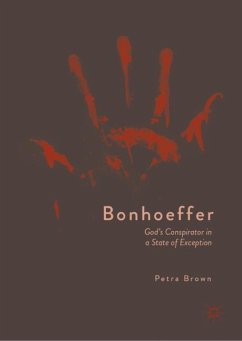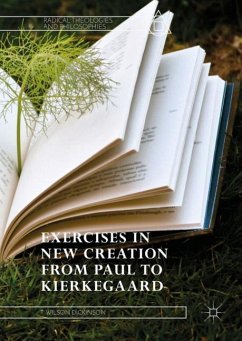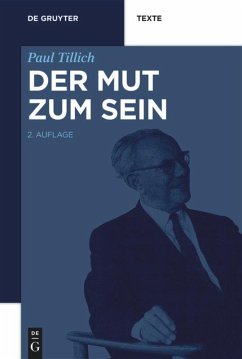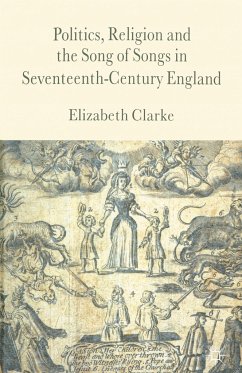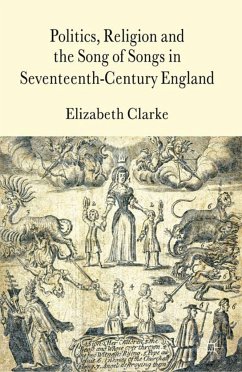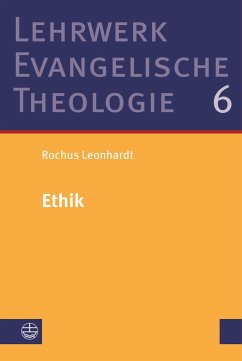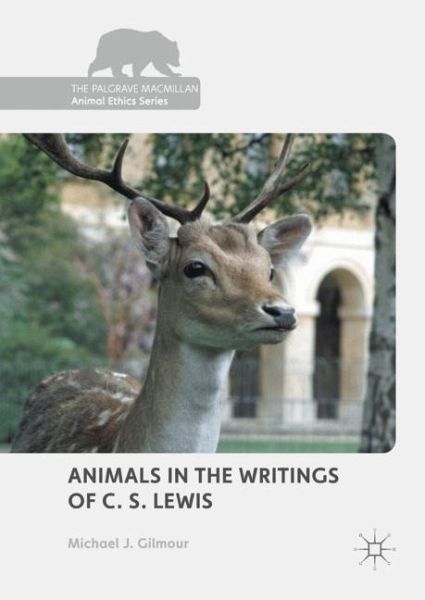
Animals in the Writings of C. S. Lewis

PAYBACK Punkte
36 °P sammeln!
This book examines C. S. Lewis's writings about animals, and the theological bases of his opposition to vivisection and other cruelties. It argues Genesis is central to many of these ethical musings and the book's organization reflects this. It treats in turn Lewis's creative approaches to the Garden of Eden, humanity's "dominion" over the earth, and the loss of paradise with all the catastrophic consequences for animals it presaged. The book closes looking at Lewis's vision of a more inclusive community. Though he left no comprehensive summary of his ideas, the Narnia adventures and science f...
This book examines C. S. Lewis's writings about animals, and the theological bases of his opposition to vivisection and other cruelties. It argues Genesis is central to many of these ethical musings and the book's organization reflects this. It treats in turn Lewis's creative approaches to the Garden of Eden, humanity's "dominion" over the earth, and the loss of paradise with all the catastrophic consequences for animals it presaged. The book closes looking at Lewis's vision of a more inclusive community. Though he left no comprehensive summary of his ideas, the Narnia adventures and science fiction trilogy, scattered poems and his popular theology inspire affection and sympathy for the nonhuman. This study challenges scholars to reassess Lewis as not only a literary critic and children's author but also an animal theologian of consequence, though there is much here for all fans of Mr. Bultitude and Reepicheep to explore.





